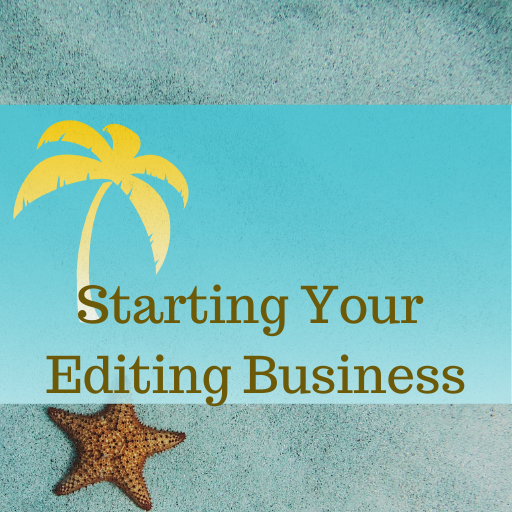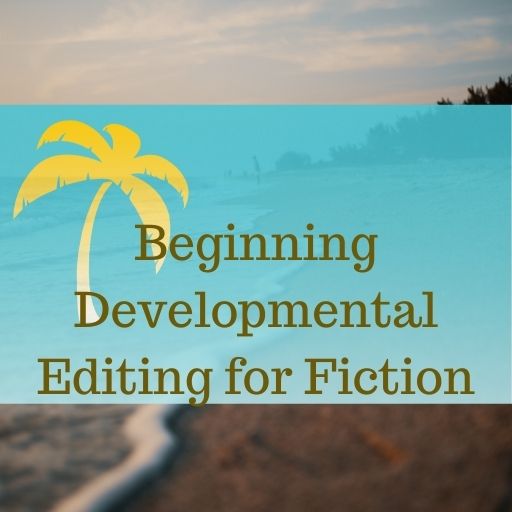Basics of a Book Editor Contract
These basics of a book editor contract will help ensure you cover a few important considerations when setting up your editing business.
Just the Basics of a Book Editor Contract
I’m not going to get into the ins-and-outs of contracts, since I’m not a lawyer and crafting a legally binding contract is best left to a lawyer who has passed the bar in your area and can effectively guide you. Some writers’ and editors’ organizations have templates that you may find useful as a starting point.

Tips for an Editing Contract
That said, I do recommend that any contract/letter of agreement cover these items (there may be others you’ll want to include, based on your experiences and your lawyer’s recommendations):
- The scope of the work (what you’ll be doing and what the client can expect in terms of your availability for answering questions or doing additional rounds of editing).
- Deliverables (how you’ll do the work, such as sending a revision letter or making a conference call).
- Deadlines for when you will do things and when the author and/or client will do things (e.g. “Author will deliver the complete manuscript by June 30, and Editor will complete her edit no later than July 21.”)
- When and how payment is to be made (depending on the client and the project, I either ask for complete payment up front, or half up front and half on delivery) and how much you’ll be charging.
For indie authors who work directly with me, I also have a disclaimer stating that I have no copyright interest in the work and that the author is free to use any of my suggestions, edits, and ideas without reservation. This assures authors that their work is their work, and that I understand that and won’t be demanding a share of royalties next year when the book hits the bestseller lists.
You may also want to include some language about what happens if the client is not satisfied with your edits.
Tips for Editors & Writers
World-building without info-dumping
World-building is often seen as the province of science fiction and fantasy writers who have to convey new-to-us settings and cultures, and occasionally by historical writers who have to convey the feel of an era that a reader may not know much about. But every story takes place somewhere. Even stories set in a contemporary…
Focus on a limited number of problems in story development
Typically in a manuscript evaluation or developmental edit, I focus on what I perceive to be the three-to-five most important concerns I’ve noticed in the ms. This is the approach I teach my editing students. Editing too many problems at once overburdens the author In any given ms, there may be ten or fifteen developmental problems…
Clients who want services you don’t offer
Newer freelancers sometimes come to me in a panic because a client has approached them to do work that’s outside their typical scope. Commonly this is something like the freelancer offers copyediting and developmental editing but the client wants coaching. What should they do? They don’t know how to coach, they don’t offer coaching services,…
Join the Club!
New to story editing? Begin at the beginning.





